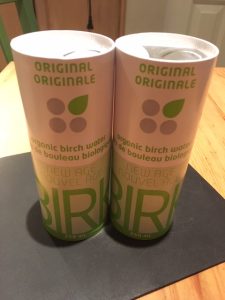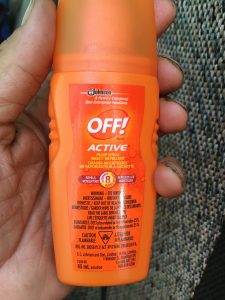My regular work day includes a thirty minute lunch with no other formal breaks. When I first started with my current company, not having morning and afternoon breaks felt weird but there was an upside. I finished early. So, to ease my body into the new schedule, I would take quick micro-breaks to drink and eat a snack without sitting down. Now, in my fourth season, it’s all fine.
Lunches
I normally eat lunches alone because we don’t have huge crews and I need the mental break from physically demanding work. Unless my co-worker Allan is nearby, because I often poach some of his excellent Arabic tea.
Once, completely exhausted by lunch in hot weather, I collapsed in my truck and the workers turned me in to the boss. Vas sleeping, as if! I was meditating. Incredibly, this came up in my work performance review.
Not alone
And according to an article published in the Globe and Mail (“Eating lunch alone at work can have adverse effects“, Friday July 27, 2019) I have plenty of company. Almost half (42%) of working Canadians eat lunch alone every day.
Eating lunch alone isn’t really normal. It happens when people start working. Then, eating with colleagues seems like a gift we can’t afford to accept.
I find that as a supervisor in charge of field production, many workers don’t really want to spend an extra half hour with me. Unless, of course, it’s cold or rainy outside and my company truck is warm.
Adverse effects
I had no idea eating alone came with so many adverse effects. According to research mentioned in the article, “people who eat most meals alone may express feelings of loneliness and social isolation”. “Eating in solitude is more strongly associated with unhappiness than any single factor, other than having a mental illness.”
Benefits
There are many benefits to eating together and scoring free Arabic tea is just one of them. How about improved communication with co-workers, stronger relationships with co-workers, increased happiness, job satisfaction and greater productivity.
Considering the many benefits listed above, I think I will try to eat the odd lunch with our crews.






